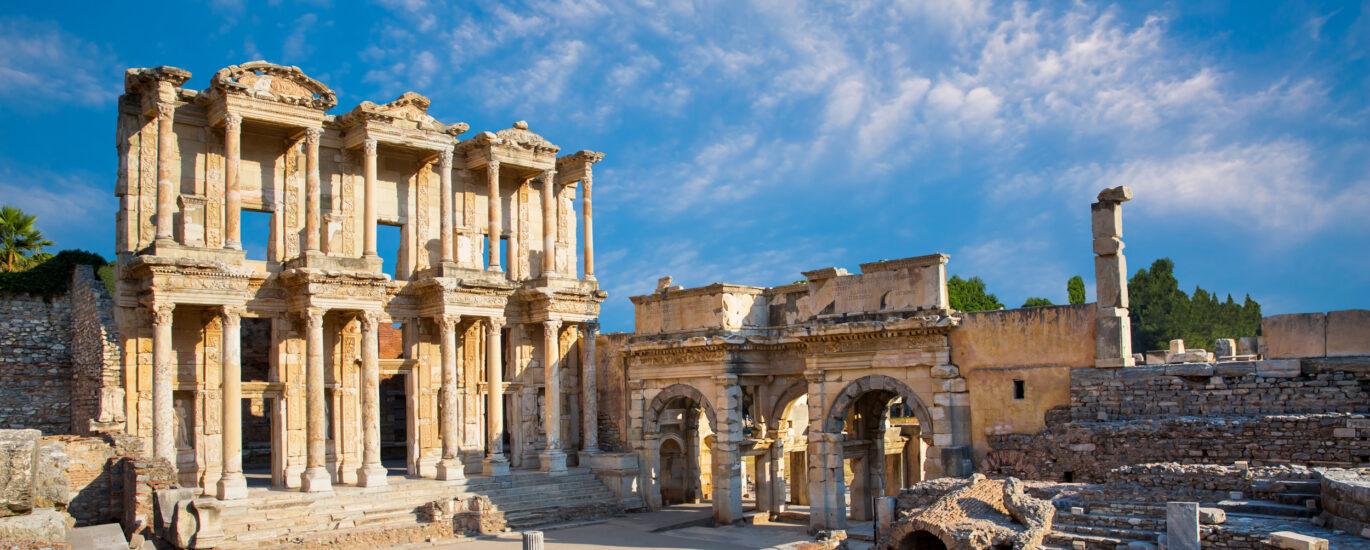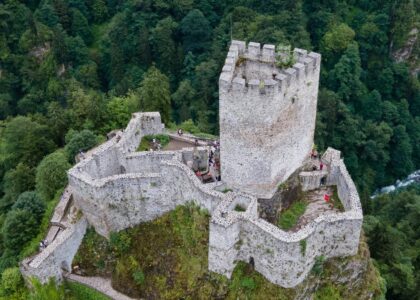The ancient city of Ephesus, near modern Selçuk in Turkey, is one of the most spectacular and well-preserved archaeological sites in the Mediterranean. Founded around the 10th century BC by Greek colonists, it evolved into a critical center for both trade and religion across the Hellenistic and Roman periods.
At its zenith as the capital of the Roman province of Asia, Ephesus boasted a massive population and sophisticated urban planning. Key structures that define the site today reflect this prosperity. Most iconic is the two-story façade of the Library of Celsus, which once held thousands of scrolls. Equally impressive is the Great Theatre, an immense structure capable of holding 25,000 spectators for plays and public events. Visitors can still walk along the marble-paved Curetes Street, flanked by ruins of shops, fountains, and monuments like the Temple of Hadrian.
Ephesus was also profoundly significant to early Christianity; the Apostle Paul preached here, and it is listed among the Seven Churches of Asia in the Book of Revelation. Though the great Temple of Artemis, one of the Seven Wonders of the Ancient World, is now mostly gone, its former location remains a site of historical awe. The city’s eventual decline was caused by the silting of its harbor, but its ruins offer an unparalleled window into classical antiquity.






